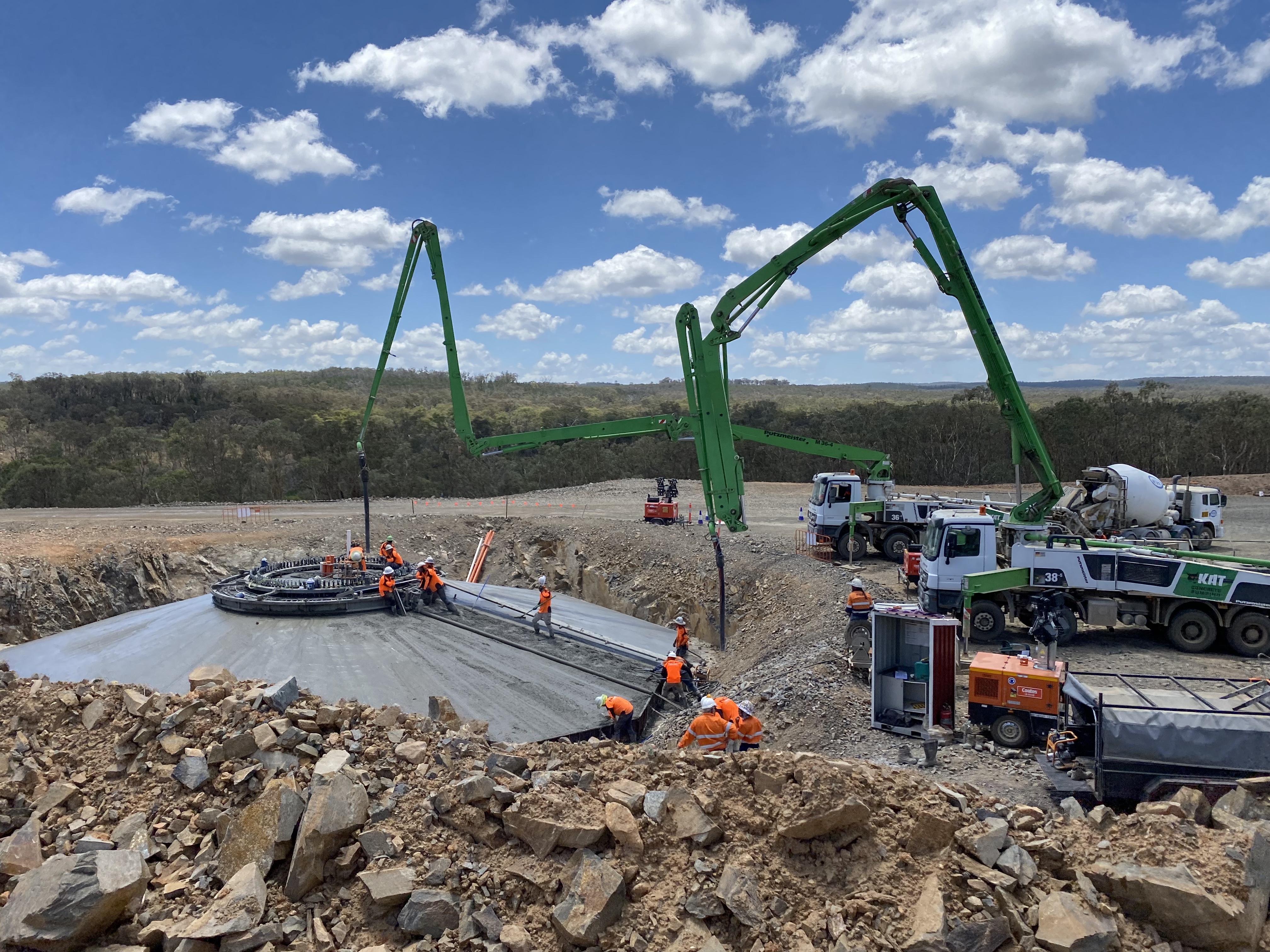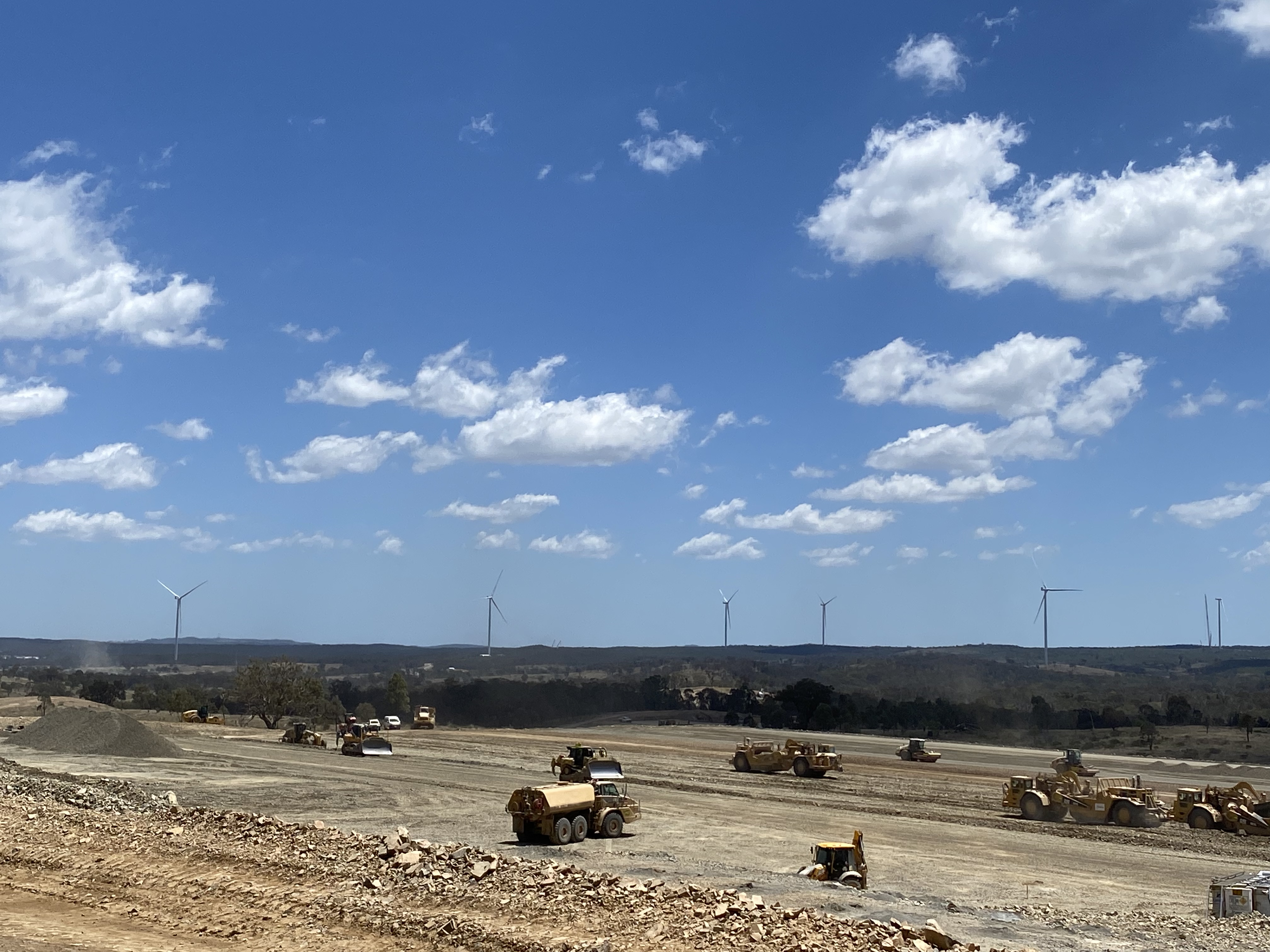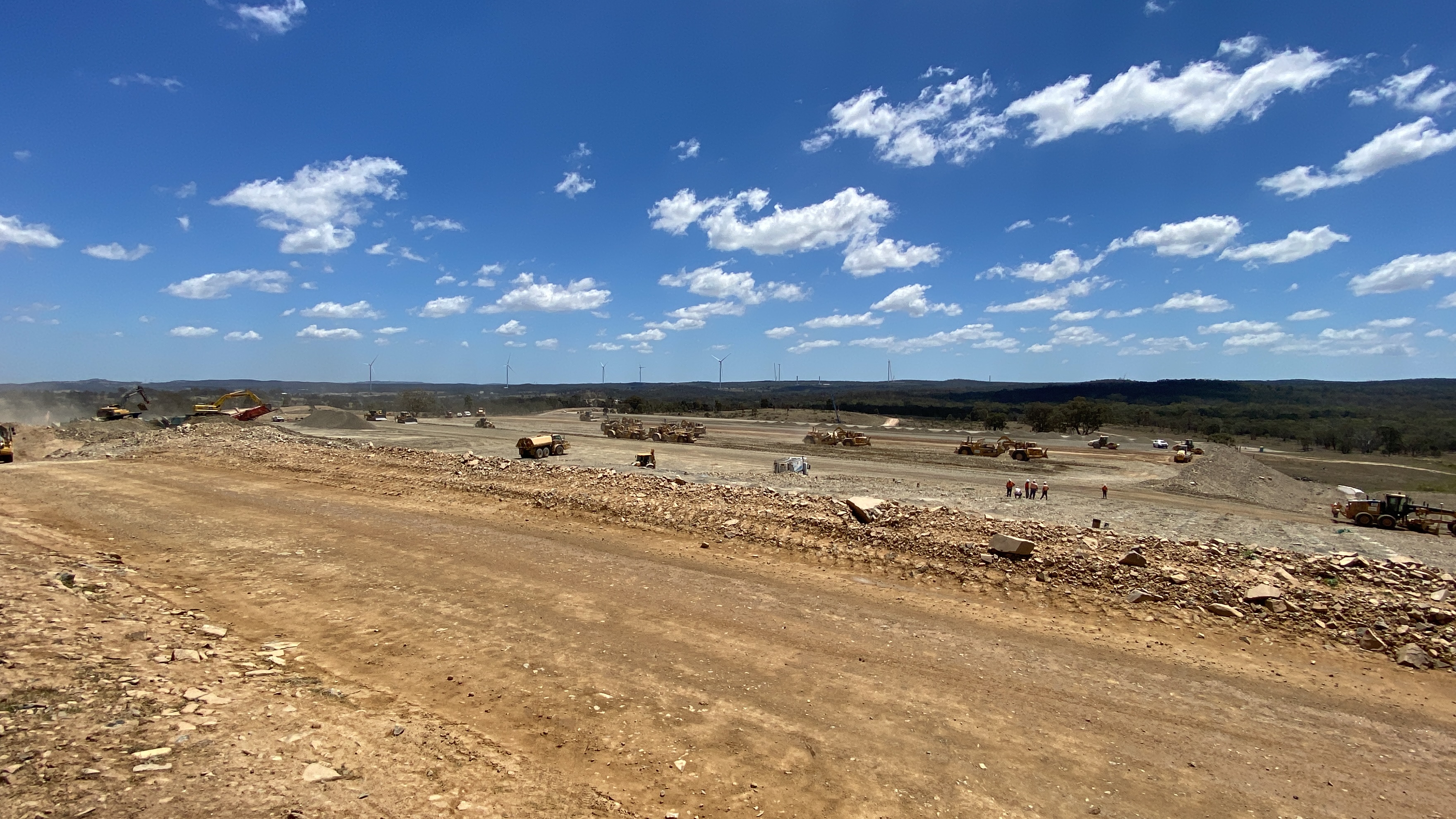786 Fuel provides energy infrastructure services. Our energy infrastructure services include Power generation facilities, electrical grids, transmission lines, pipelines, and renewable energy installations. It provides reliable and accessible energy sources for residential, commercial, and industrial purposes.
An infrastructure advisory provides specialised guidance, expertise, and strategic advice related to infrastructure projects and investments. Infrastructure refers to the fundamental physical and organisational structures and facilities needed for the functioning of a society or industry, such as transportation networks, energy systems, water and sanitation facilities, telecommunications networks, and public buildings.

Infrastructure advisory services typically involve a range of activities, including:
Infrastructure advisors assist in the development and planning of infrastructure projects. They assess project feasibility, conduct market analyses, and provide guidance on project design, scope, and implementation strategies. Advisors help identify potential risks and opportunities, evaluate financing options, and develop project timelines.
Infrastructure advisors support project developers, investors, and governments in securing financing for infrastructure projects. They assess funding options, conduct financial analysis, prepare business plans, and advise on financial structures. Advisors also help navigate complex regulatory frameworks and explore innovative financing mechanisms, such as public-private partnerships (PPPs) or infrastructure funds.
PPPs involve collaboration between the public and private sectors to develop and deliver infrastructure projects. Infrastructure advisors assist in structuring and negotiating PPP agreements, assessing risks and rewards, and conducting due diligence on potential private sector partners. They also provide guidance on contract management, risk allocation, and performance monitoring throughout the lifecycle of PPP projects.
Infrastructure advisors stay up to date with policy and regulatory developments related to infrastructure sectors. They provide guidance on regulatory frameworks, compliance requirements, and policy incentives. Advisors help project stakeholders navigate legal and regulatory landscapes, ensuring adherence to relevant standards and regulations.
Infrastructure advisors offer technical expertise in various aspects of infrastructure development and operations. They provide guidance on engineering design, environmental assessments, sustainability practices, and technology selection. Advisors assist in identifying and addressing technical challenges and ensuring infrastructure projects meet safety, efficiency, and quality standards.
Infrastructure advisors facilitate effective stakeholder engagement and communication throughout the project lifecycle. They help establish relationships with government agencies, local communities, financiers, and other stakeholders. Advisors support public consultations, address concerns, and promote transparency and accountability in infrastructure projects.
Infrastructure advisors provide project management support, overseeing project execution, and ensuring compliance with timelines, budgets, and quality standards. They help coordinate various project stakeholders, manage contracts, monitor project performance, and mitigate risks.


Infrastructure is crucial for the functioning and development of societies as it provides the necessary foundation for economic growth, social progress, and overall human wellbeing.
A well-developed infrastructure network, encompassing transportation systems, communication networks, energy grids, and public facilities, enables the efficient movement of goods, services, and information.
It enhances connectivity between regions, facilitates trade, and attracts investments.
Additionally, robust infrastructure supports public services such as healthcare, education, and emergency response, ensuring the welfare and safety of communities.
By fostering productivity, promoting connectivity, and improving quality of life, infrastructure plays a vital role in driving economic prosperity and social advancement.
Power generation facilities, electrical grids, transmission lines, pipelines, and renewable energy installations. It provides reliable and accessible energy sources for residential, commercial, and industrial purposes.
Roads, highways, bridges, railways, airports, ports, and public transportation systems. It enables the movement of people, goods, and services, facilitating trade, commerce, and mobility.
Telecommunications networks, internet connectivity, satellite systems, and data centres. It supports the transmission and exchange of information, facilitating communication, connectivity, and access to digital services.
Water supply networks, wastewater treatment plants, dams, reservoirs, and irrigation systems. It ensures access to clean water for drinking, sanitation, and agricultural needs, as well as proper management of wastewater.
Public facilities such as schools, hospitals, libraries, community centres, parks, and recreational spaces. It supports social services, education, healthcare, and cultural activities, promoting well-being and quality of life.
Housing, zoning, and the development of cities. It focuses on creating sustainable and livable environments, including residential areas, commercial districts, and public amenities.
Ecological systems, green spaces, conservation areas, waste management systems, and pollution control measures. It aims to protect and preserve natural resources, reduce environmental impact, and promote sustainability.
Manufacturing plants, industrial parks, warehouses, and logistics facilities. It supports industrial activities, production processes, and supply chain management.


The energy transition means we are at the frontier of a new age of energy infrastructure investments.
As shareholder groups continue to demand broader and faster emissions reductions from sectors with the highest emissions, Governments, advisory bodies and investors must coordinate to expand our renewable energy sector. We will also need significant regulatory and policy reforms, and an overhaul of network infrastructure.
New energy projects like solar or wind farms will need things like:
Extreme temperatures, fires and flooding are causing damage to the grid. By decentralising sources of power, investing in renewables and digitalisation and prioritising renewables we can create a diverse more adaptable grid.
Technologies like carbon capture and storage and electrolysis show great promise in the energy sector but we will need new infrastructure to support these developments.